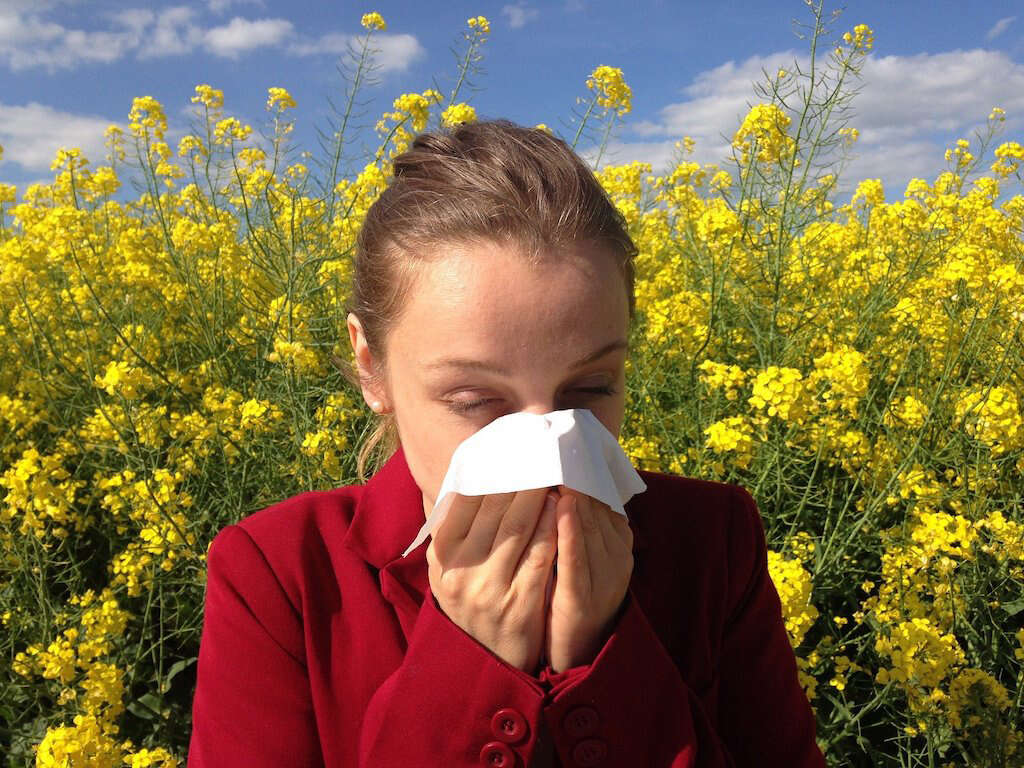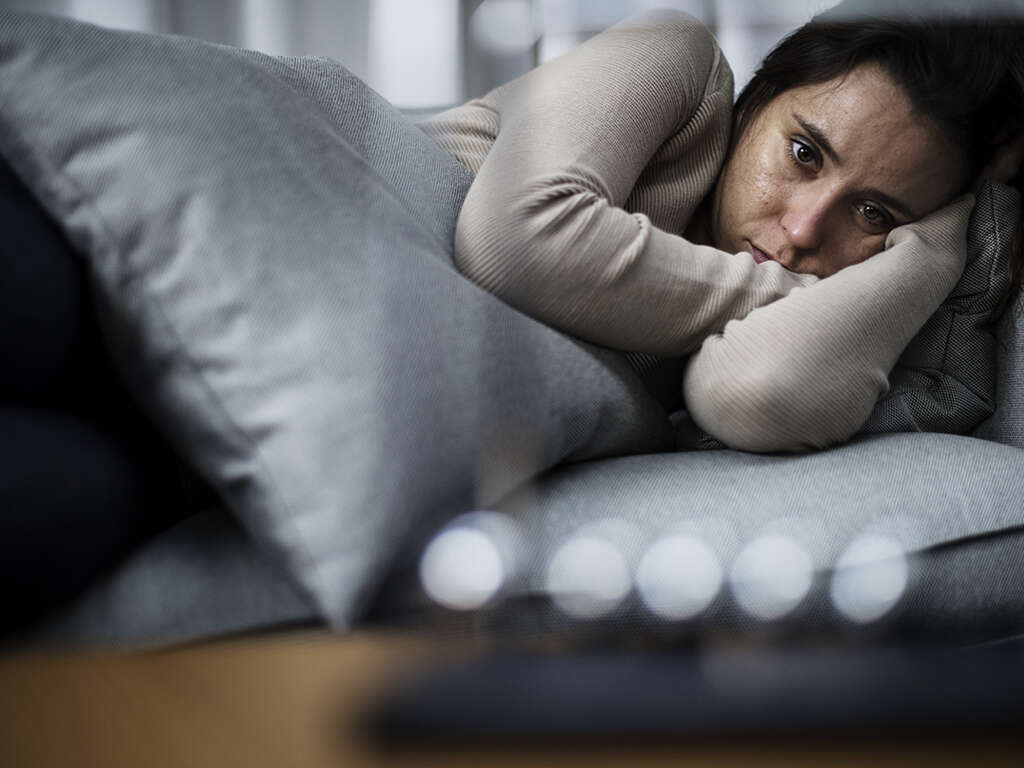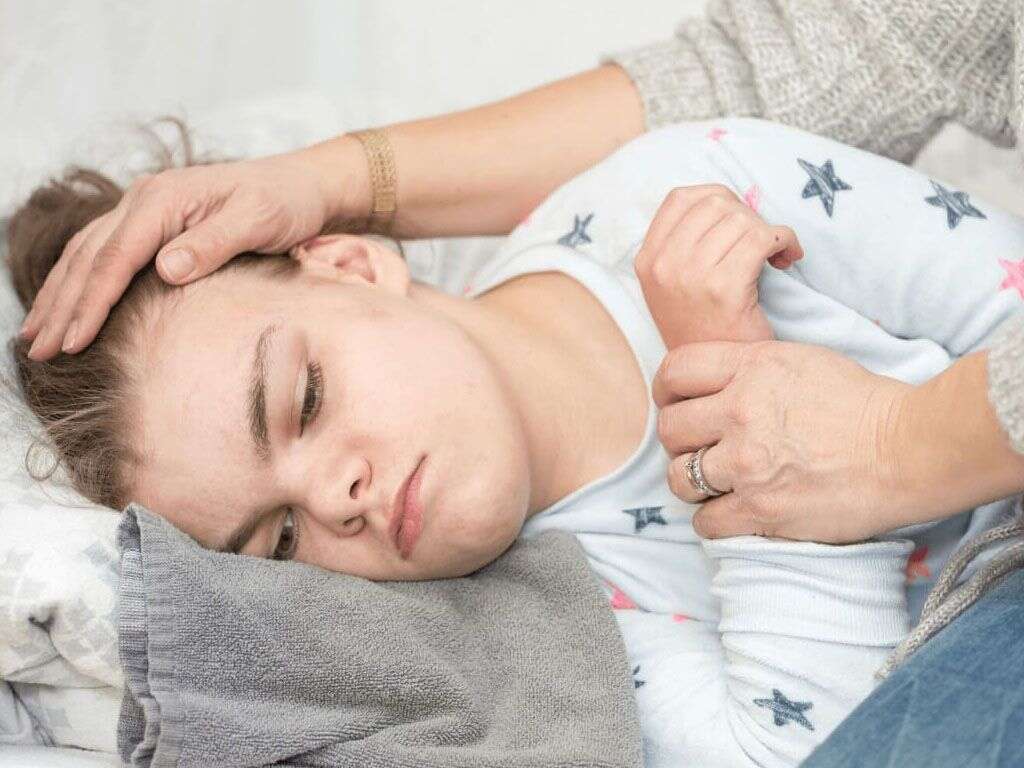10 Symptoms of Stress
Symptom #4: Acne
Acne is one of the more visible ways in which stress is able to manifest itself. Cortisol being released into the bloodstream can affect hormonal balance, which in turn results in acne. People who are stressed tend to also touch their faces more and spread bacteria, contributing to the development of acne.
The increase in acne may be due to higher levels of sebum produced during stressful periods of time. Another theory suggests that the body responds to stress by directing blood flow and oxygen to the areas fighting stress and withdraws it from areas such as the skin. The skin becomes starved of blood and oxygen, resulting in clogged pores and breakouts. One study even suggested that people who suffer from acne, experience worse symptoms during exams, a stressful period of time. This suggests that emotional stress may have a significant influence on acne2https://www.ncbi.nlm.nih.gov/pubmed/12873885.
If you suffer from stress related acne, consider using a fast-acting spot treatment or products with salicylic acid, probiotics, or benzoyl peroxide to kill the bacteria and reduce redness and inflammation. Be sure to also exfoliate to get rid of dead cells and help clogged pores. Exfoliating is the best way to remove dead skin cells and decongest the skin. You should always consult with a specialist for diagnosis and proper treatment options.
Advertisement












